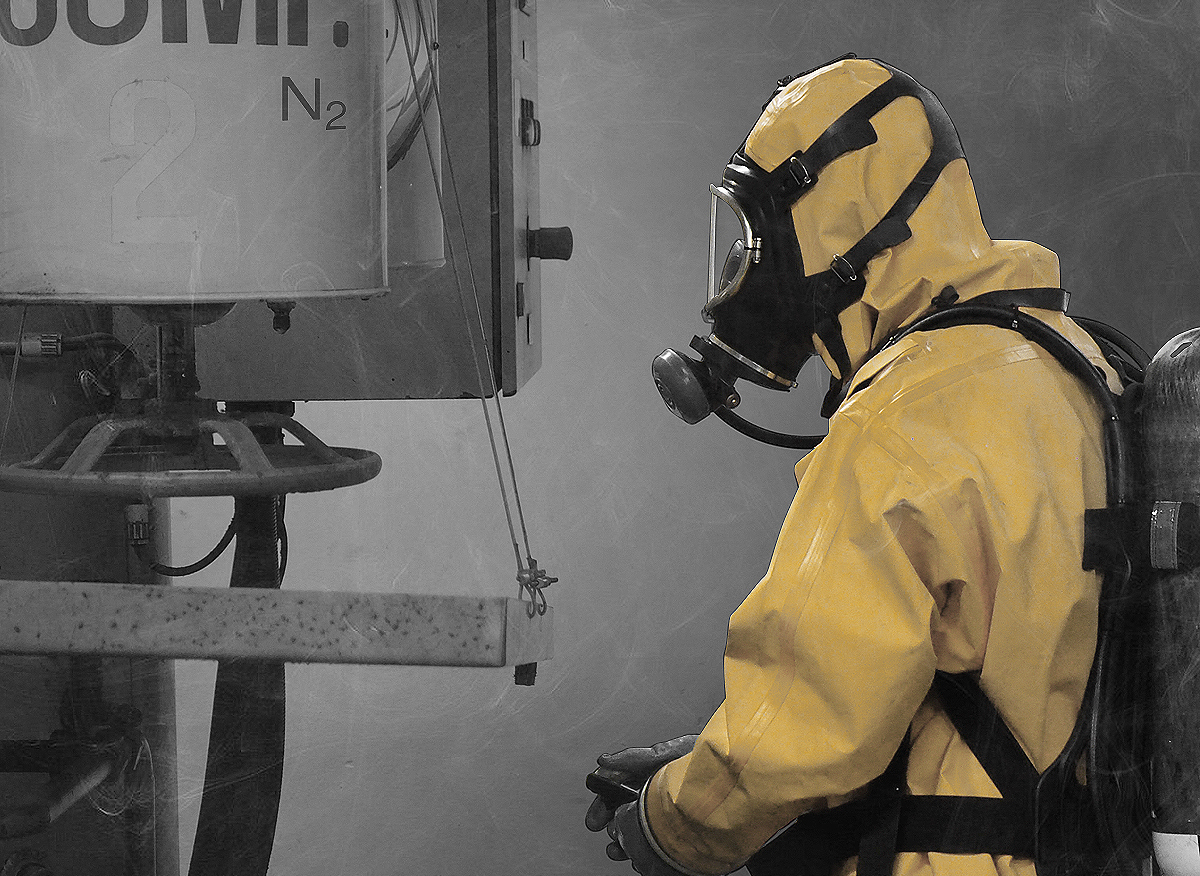July 25th, is the start of National Schizophrenia Awareness Day. This day aims to shine a light on the everyday challenges faced by hundreds of thousands of people living with a diagnosis of schizophrenia in the UK and millions more worldwide. It also looks at how we can tackle some of the stigma and discrimination surrounding this much-misunderstood illness.
Introduction
Schizophrenia is a serious mental illness that affects millions of people worldwide. It can affect anyone, but it tends to be more common in certain groups. For example, it’s more common among people with family members who have schizophrenia or other mental illnesses like bipolar disorder or major depression. Schizophrenia also tends to run in families where at least one person has been diagnosed with another mental illness such as depression or anxiety disorder over their lifetime
What is schizophrenia?
Schizophrenia is a serious brain disorder that affects the way you think, feel and behave. It’s also a mental illness that causes you to have trouble with reality.
Schizophrenia involves hallucinations (seeing or hearing things that aren’t there), delusions (believing things that aren’t true) and thought disorders (having abnormal thinking patterns). These symptoms can cause people with schizophrenia to feel anxious or restless, lack focus on tasks at hand and experience problems with relationships.
What are the symptoms of schizophrenia?
The symptoms of schizophrenia can vary, depending on the severity of your condition. Some people may experience fewer symptoms than others.
Hallucinations are often the first sign that you have schizophrenia. They can involve hearing voices or seeing things that aren’t there, but they can also include seeing or smelling things that aren’t there at all (called olfactory hallucinations). Delusions—beliefs that are false and unreasonable—are another common symptom of schizophrenia. For example, someone with a delusion might think she was born into an entirely different family than she really was or believe someone is trying to hurt her when no one is really around them in person; these kinds of delusions are called grandiose delusions because they seem more important than reality would suggest them to be based on how we know it from everyday life experiences (such as meeting new people who don’t fit into stereotypes about certain groups).
People with schizophrenia may have disorganized speech patterns such as slurred speech or incoherent phrases when speaking; this type of behavior problem usually goes hand-in-hand with poor motor control problems such as having trouble walking straight down stairs without falling over backward onto their rear ends while trying not fall down while still trying not fall over backwards onto their rears end which results in having shortness breath because I’m breathing so hard right now because my heart rate has increased dramatically due to fear due to being chased by someone intent upon murdering me so fastly that even though I’m running away from him still feels like he’s gaining ground every step closer until finally reaches me whereupon he grabs hold tightly around my ankles preventing me from escaping completely leaving only two choices available: either fight back against him using whatever means possible including using physical force against each other which could result in severe injuries if not fatal injuries then run away again hoping never see him again hoping never see anyone ever again ever!
Who does schizophrenia affect?
Schizophrenia affects men and women equally. It also affects people of all ages, races, ethnicities and socioeconomic backgrounds.
Schizophrenia can be treated with medication or psychotherapy. However, some people are not well-suited to medication treatment and may require other interventions such as cognitive behavioral therapy or interpersonal skills training (ISST).
Does having schizophrenia mean that I can’t live a full life?
Yes, you can live a full life with schizophrenia. You may not be able to do things you enjoy, or get along with people easily and comfortably, but that doesn’t mean your life is over. You will still have the same feelings of happiness and sadness as everyone else; it just won’t always be easy for you to express those emotions openly or share them with others.
Your family members will continue supporting each other through thick and thin—and they won’t care if it takes awhile for your brain chemistry to adjust to new ideas and situations!
How do people get diagnosed with schizophrenia?
If you’re having thoughts and experiences that are out of the ordinary, it’s important to get help. Someone who has schizophrenia can have symptoms such as hallucinations and delusions, but there is no single test used to diagnose the condition. Diagnosis is based on a person’s experience and history rather than any physical signs or lab results.
It’s also important to note that diagnoses are not always straightforward; sometimes people may need assistance in making sense of their symptoms or understanding how they relate to each other (for example, when someone says something about hearing voices).
If you think that you might be experiencing some type of mental health problem—and especially if you suspect schizophrenia—it’s best to seek professional help as soon as possible!
Are there ways to prevent schizophrenia?
There is no known way to prevent schizophrenia. The causes of this brain disease are complex and not fully understood. It’s believed that genetics, environment and lifestyle play a role in developing schizophrenia symptoms.
The following tips can help you manage your mental health:
- Eat healthy foods: A healthy diet high in nutrients helps maintain your body’s function as well as fight off certain diseases like cancer or heart disease. Eating enough fruits and vegetables each day will provide you with vitamins such as vitamin C which helps protect against illness when consumed regularly throughout the day (1). It also helps lower stress levels by reducing cortisol levels (2).
- Exercise regularly: Physical activity is one of the best ways to reduce stress levels while strengthening muscles so they’re less prone break down during times when we’re feeling overwhelmed emotionally (3). Regular exercise can also improve sleep quality by helping us relax after working out because it requires less effort than before taking up an activity like running around aimlessly without even realizing how much time has passed since leaving home; therefore making it easier for us fall asleep faster at night without having any worries about staying awake due with lack thereof due if feeling tiredness afterwards.”
What are the treatment options for someone struggling with schizophrenia?
There are many treatment options for someone struggling with schizophrenia. These include medication and cognitive behavioral therapy (CBT). Medication can help control the positive symptoms of schizophrenia, such as hallucinations or delusions. CBT focuses on increasing awareness of your thoughts and behaviors, which can help you better manage them.
Therapy can also include family support groups or peer support groups where you meet other people who have schizophrenia or mental health issues similar to yours. You may also want to consider rehabilitation programs that offer vocational training opportunities outside of traditional school settings so that you don’t feel stigmatized while trying to find employment after being released from hospitalization.”
Where and how can I find help?
You can find help by contacting:
- In your area, contact a local support group.
- Contact your local mental health association or clinic.
- Contact a hospital or other medical facility that specializes in treating mental illness and addiction issues.
- If you don’t know where to start looking for resources in your community, try contacting the following organizations:
o Universities and colleges have many resources available for students who are dealing with mental health issues; these include counseling centers on campus as well as off-campus options such as mobile apps that provide 24/7 support from licensed professionals trained specifically in working with college students suffering from mental illness (see below).
For those recently diagnosed and their loved ones, getting connected with the right resources is crucial.
For those recently diagnosed and their loved ones, getting connected with the right resources is crucial. Mental health services are not just for those with schizophrenia—they can help you and your family feel more comfortable in the world.
There are many different types of support available to people living with schizophrenia. Some of these include:
- Medication assistance programs that provide free medications directly to people who need them so they can stay on track with their treatment plan and avoid negative side effects like weight gain or depression;
- Therapy groups where people feel supported by others who have gone through similar experiences;
- Peer support groups where individuals share their experiences openly as part of a group setting (sometimes called “self-help” groups); and finally, if this isn’t enough yet there are also self-help guides available online such as The Schizophrenia Handbook by Dr Jeffrey Lieberman et al., which encourage patients with schizophrenia find ways for coping effectively through social interactions instead of isolating themselves from others altogether



